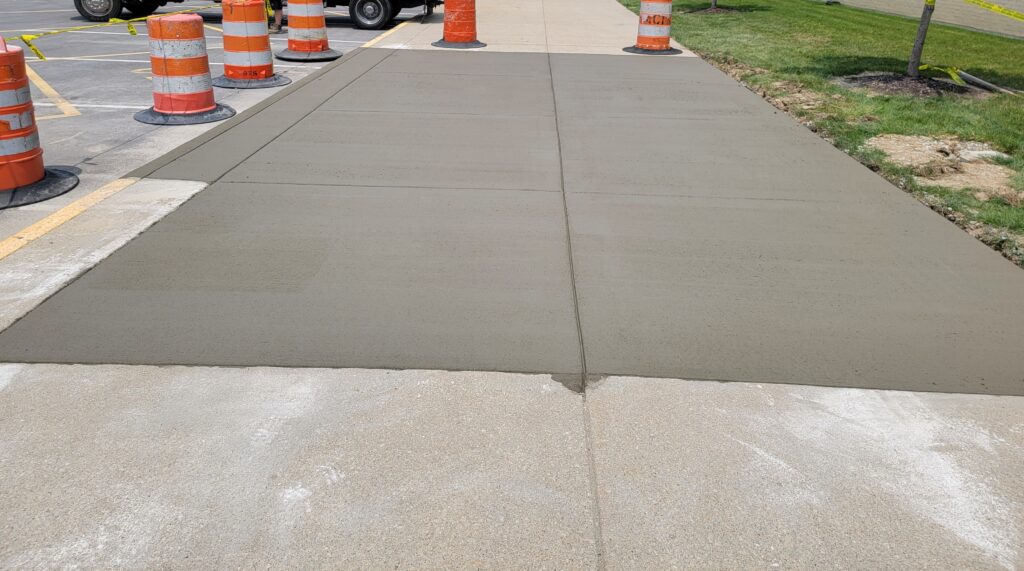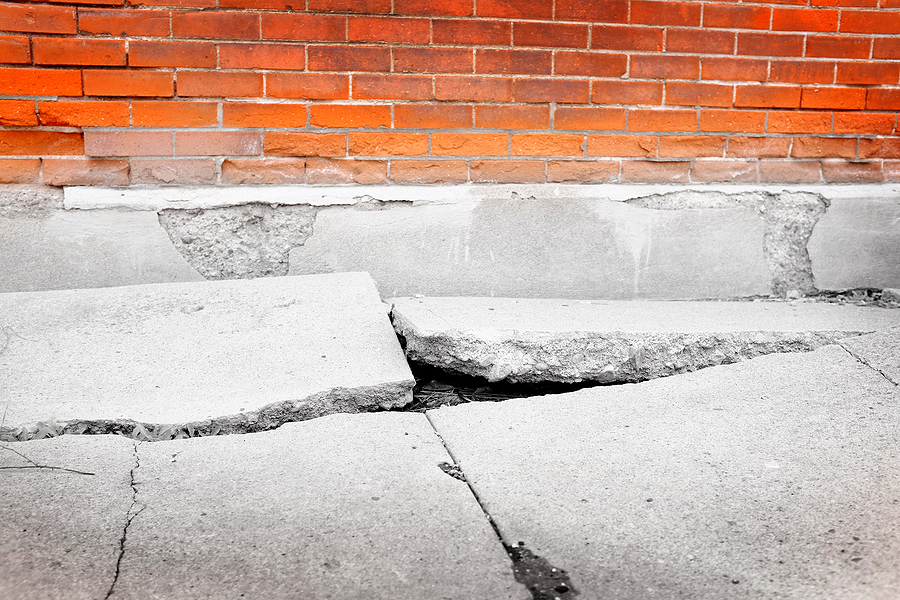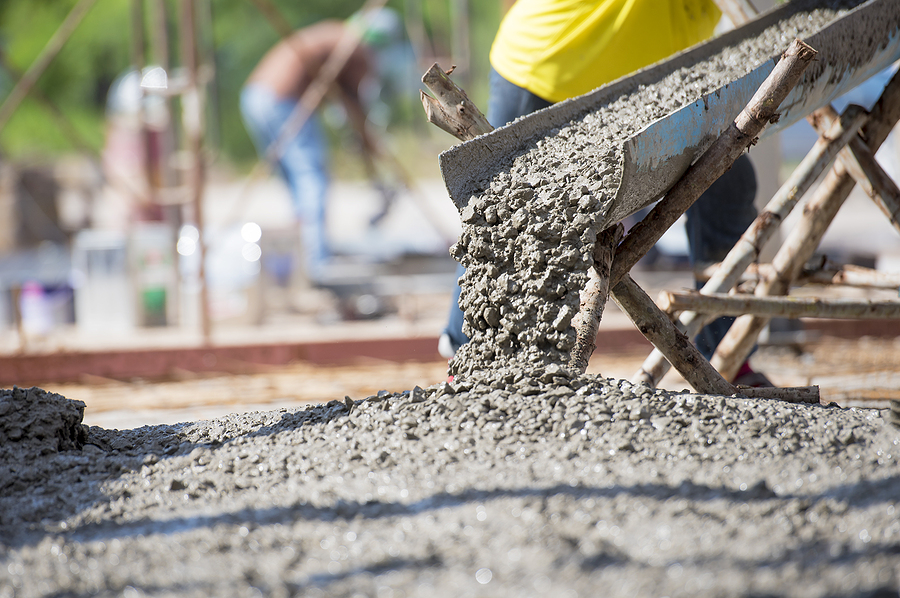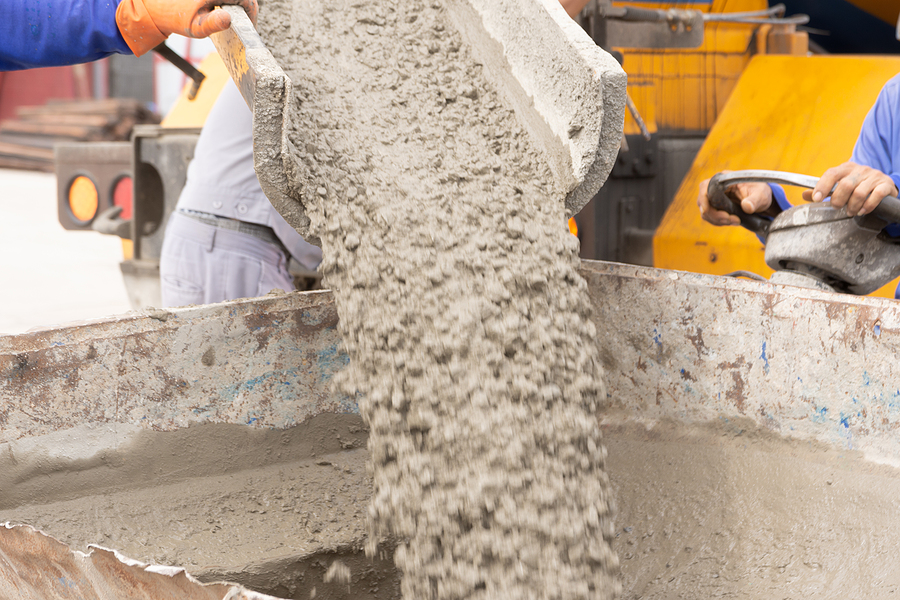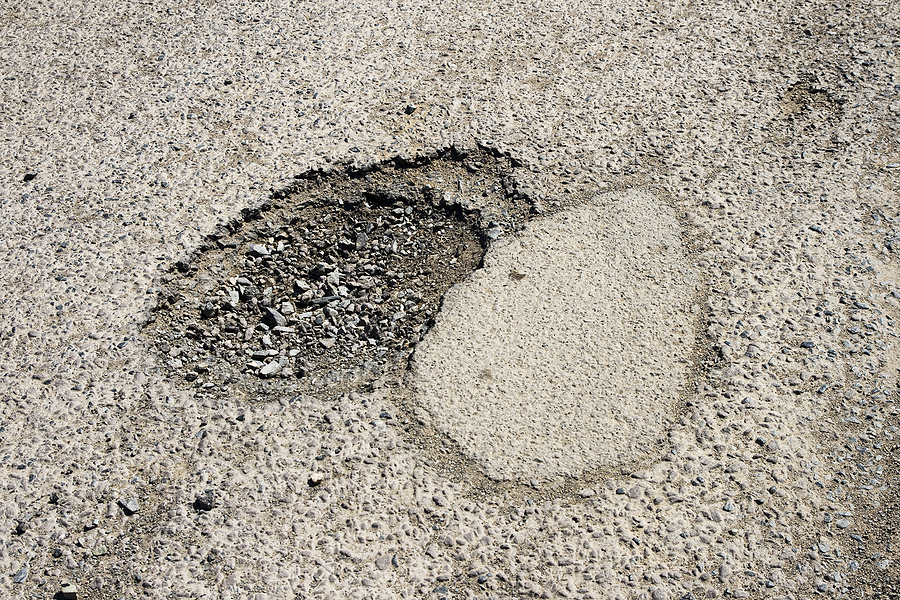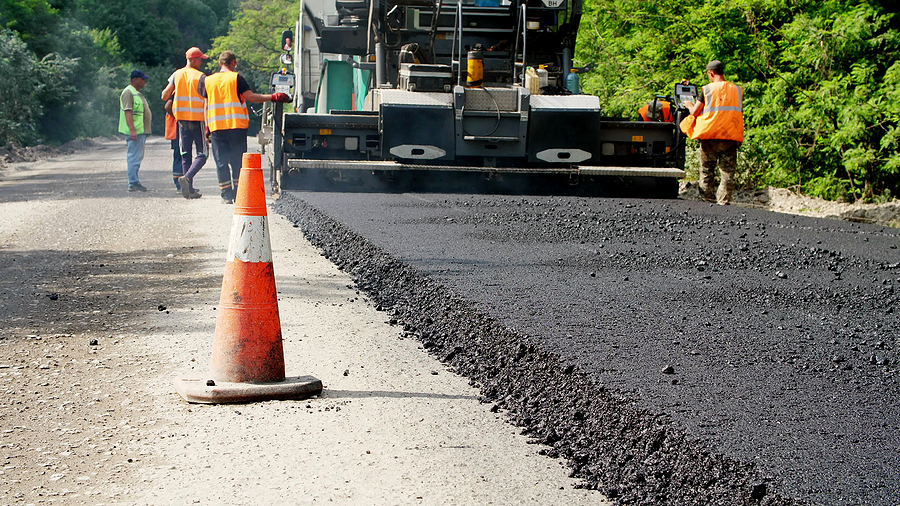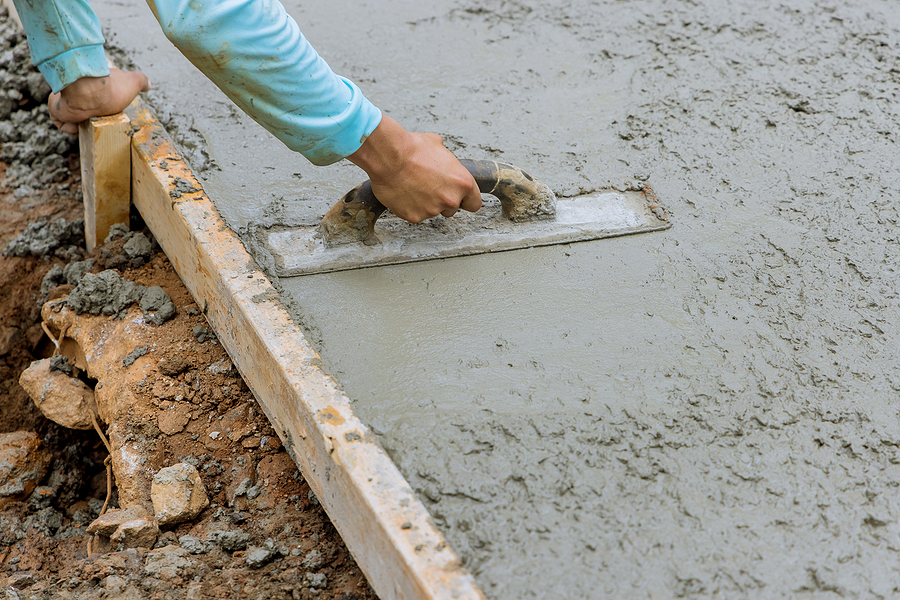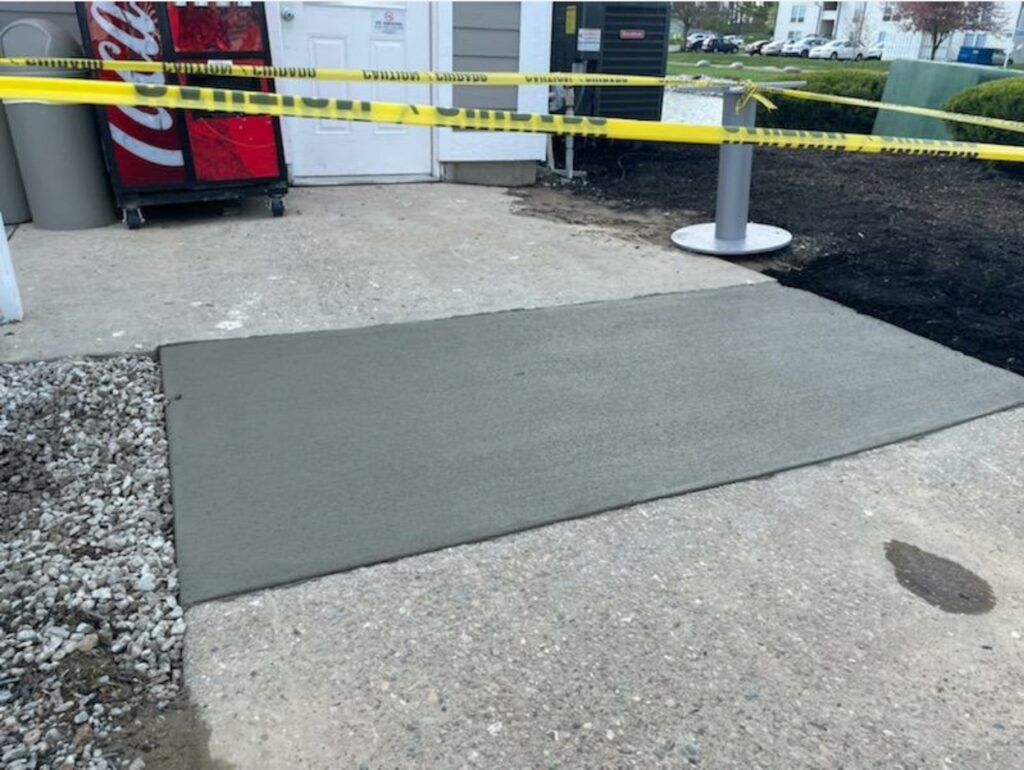In the world of commercial real estate, the details matter – and perhaps none more so than the choice of a paving contractor. Whether it’s a parking lot, sidewalk, or a grand exterior plaza, the durability and aesthetic appeal of concrete work carry significant weight in the overall value and perception of your property. This extensive guide is crafted to help property managers, owners, and real estate developers navigate through the complexities of hiring a commercial pavement contractor.

Qualities of a Professional Commercial Paving Contractor
Not all paving contractors are created equal, especially when it comes to the unique demands of commercial projects. What separates the professionals from the rest?
Experience in Commercial Projects
The first criterion to consider is the contractor’s experience specifically in commercial real estate. Look for a professional who has a proven track record in managing and executing projects on a larger scale. This expertise should involve not only the physical labor but also an understanding of the regulatory and compliance aspects that are more stringent for commercial properties.
Licensing, Insurance, and Compliance
A reputable commercial pavement contractor should have all necessary licenses and insurance coverage. Compliance is vital as it protects you from any liabilities that could arise during the course of the project. Make sure the contractor is up-to-date with all relevant state and local regulations.
Portfolio of Past Projects
Reviewing past projects is an excellent way to gauge a contractor’s capability. Pay close attention to the variety and quality of work. A comprehensive portfolio showcasing successful installations on properties similar to yours is an indicator of a professional who is experienced in meeting diverse commercial needs.
Steps to Research and Shortlist Pavement Companies
The success of your project hinges on the quality of your commercial pavement company. Therefore, a thorough selection process is vital.
Get Recommendations and Read Reviews
Word of mouth can be a powerful tool. Ask other property owners in your network for recommendations. Online reviews are also a valuable source of information. Look for consistent positive feedback about a contractor’s performance in commercial settings.
Verify Credentials and Check for Complaints
It’s essential to verify all the credentials a professional company/contractor claims to have. Cross-check licenses and certifications with the issuing authorities. Additionally, it’s worth checking with consumer protection agencies and the Better Business Bureau for any complaints lodged against the contractor.
Request an Initial Consultation and Quote
Once you’ve narrowed down your list, reach out to potential contractors for an initial consultation. This is your chance to briefly discuss your project’s scope and expectations. After the meeting, request a detailed quote that covers materials, labor, and any additional services.
Questions to Ask Potential Paving Pros
Engage with potential contractors with a set of critical questions to better understand their approach and capabilities.
Project Planning and Timeline
A reliable commercial paving company should be able to provide a clear plan for your project. Inquire about their approach to project management and the timeline from start to finish. Delays can be costly in terms of both time and money, so ensure their estimated completion date aligns with your needs.
Materials and Techniques
The materials used in your project should be of high quality and catered to the specific needs of your property. Discuss the service provider’s preferred materials and the reasoning behind their choices. Probing their knowledge about various concrete types and their suitability for your project is a wise step.
Warranties and Post-Project Support
Ask about the warranties offered on the concrete work. A contractor confident in their service should be willing to stand by their work. Inquire about post-project support and the process for addressing any issues that may arise after the completion of the project.
Making the Final Decision and Signing the Contract
Finalizing the decision on your commercial concrete pavement service provider is a critical step that should not be rushed.
Evaluate Proposals and Compare Services
Carefully evaluate the proposals received. Look beyond the cost and compare the scope of work, the materials used, and the services offered. A comprehensive proposal that addresses various elements of the project is a positive sign.
Negotiate Terms and Ensure Clarity in the Contract
Don’t be afraid to negotiate terms, especially when it comes to the rate and payment schedule. Ensure the contract is thorough and clearly outlines all expectations, deliverables, and terms of service. Clarity in the contract can save you from potential conflicts down the road.
Communication is Key
Choose a contractor with whom you can communicate effectively and who seems genuinely interested in your project’s success. A contractor that is open to your input and updates you regularly on progress is more likely to deliver a satisfactory project.
In Summary
Choosing a commercial paving contractor for your concrete work is a decision that requires diligence and thoroughness. The impact of a well-constructed and visually appealing concrete structure can significantly enhance your property’s image and value. By following the steps outlined in this post—vetting for experience, licenses, and a robust portfolio; seeking recommendations and reading reviews; asking the right questions; and ensuring clarity in the process—you can make a choice you will be confident in.
Prioritizing the selection of the right pavement company is not just about the current project but about establishing a reliable partnership that can serve you well in the long term. Excellence in concrete work is not a one-time benefit; it’s an asset that endures and continues to yield returns for years to come.
If you’re looking for a commercial pavement and road construction company you can trust, look no further than ACI Asphalt & Concrete. Contact us today to learn more about our commercial concrete paving services in Indianapolis, or to schedule a free consultation.
Related Posts:
The In-Depth Guide to Tackling Spalling Concrete
Mastering Ready Mix Concrete: A Complete Buyer’s Guide
Concrete Versus Asphalt: Which is Better for Paving?

